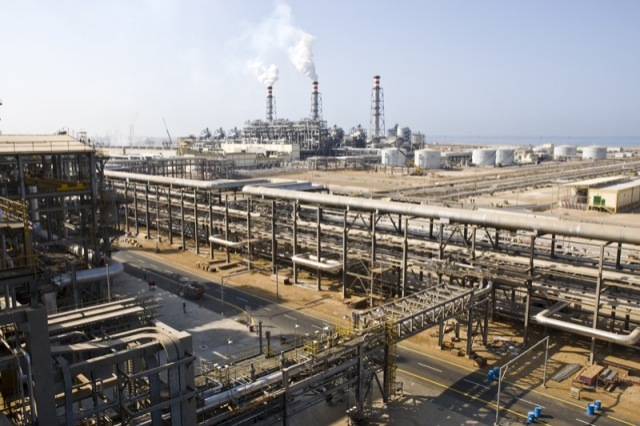Saudi Arabia says it will only agree to freeze production if joined by Iran
Oil prices slid last Friday and continued to trend downward today following news that Saudi Arabia will only freeze its production if fellow OPEC member and regional rival Iran agrees to do the same. The news diminished hopes that a deal would be reached later this month in Doha between both OPEC and non-OPEC producers.
Saudi prince Mohammed Bin Salman said during an interview the kingdom was ready to join a freeze, but only if all parties agree, reports Bloomberg. It was previously speculated that an exemption might be made for Iran, which has repeatedly said it will not join the freeze before reaching 4 MMBOPD of production.
“If all countries agree to freeze production, we’re ready,” said bin Salman. “If there is anyone that decides to raise their production, then we will not reject any opportunity that knocks on our door.”
“Kiss goodbye to any Doha accord,” said Carsten Fristsch, an analyst at Commerzbank AG in Frankfurt. “There will be no agreement without Saudi Arabia. Why should others sign up to freeze output?”
A “meaningless” agreement
The effect the deal might actually have on market fundamentals has been called into question as well, with the IEA calling the deal “rather meaningless” as few of the countries involved in the talks have any spare capacity to add to an already oversupplied market.
“Amongst the group of countries [participating in the meeting] that we’re aware of, only Saudi Arabia has any ability to increase its production,” said the head of IEA’s oil industry and markets division, Neil Atkinson. “So a freeze on production is perhaps rather meaningless. It’s more some kind of gesture which perhaps is aimed … to build confidence that there will be stability in oil prices.”
“It doesn’t change balances one bit,” Amrita Sen, chief oil analyst at Energy Aspects in London, said about the deal.
“This could be part of pre-meeting politics,” however, said Petromatrix Managing Director Olivier Jakob, reports Business Standard. Authority in the kingdom, which underwent serious changes in structure in 2015 following the death of King Abdullah bin Abdulaziz, is “less clearly defined” than before and “that can lead to some headline noise going into the meeting.
Regulatory data released April 1, also showed money managers such as hedge funds are cutting their bullish long position and adding bearish short sales against oil markets, reports The Wall Street Journal.
Output still rising
Despite talk of a production freeze, production from Russia and Iran both increased in March. Iranian Oil Minister Bijan Zanganeh said the country’s oil and gas condensate exports rose by 250 MBOPD in March, surpassing 2 MMBOPD, reports The Wall Street Journal.
Russia’ oil output reached another post-Soviet record in March, with condensate production up 2.1% year-over-year to 10.912 MMBOPD, according to the Energy Ministry’s CDU-TEK unit. Russian exports rose 10% over the same period to 5.59 MMBOPD.
At the time of this writing, WTI was trading at the day’s low of $35.46 on Monday, down from the day’s high of $37.21.


